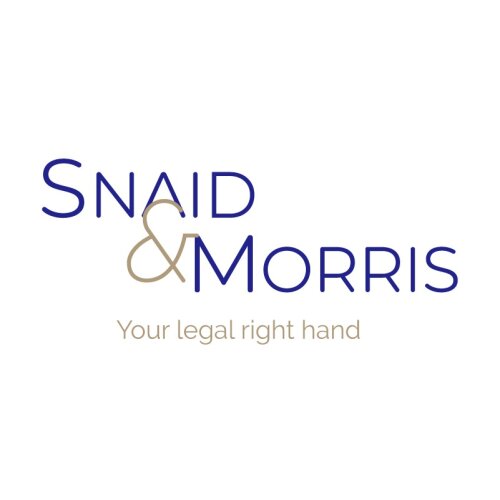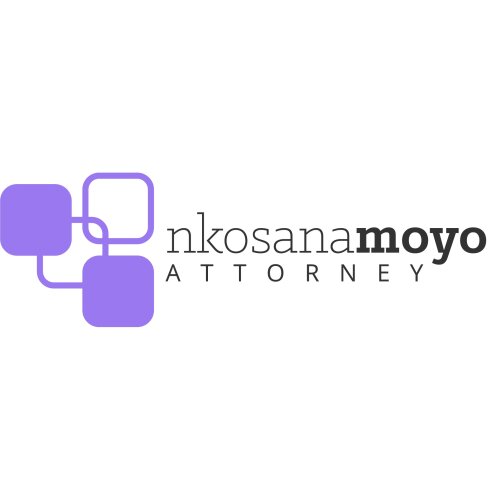Best Creditor Lawyers in Johannesburg
Share your needs with us, get contacted by law firms.
Free. Takes 2 min.
List of the best lawyers in Johannesburg, South Africa
About Creditor Law in Johannesburg, South Africa
Creditor law in Johannesburg, South Africa, governs the relationship between creditors and debtors, focusing on ensuring creditors can recover debts while protecting the rights of debtors. It encompasses a wide range of legal issues, including debt collection, bankruptcy, repossession, and insolvency. In Johannesburg, as in the rest of South Africa, these laws are overseen by the national government but may also involve provincial judicial systems and local regulations.
Why You May Need a Lawyer
There are several situations where legal assistance in creditor matters may be necessary:
- Debt Collection: If you are a creditor needing to collect due payments or a debtor dealing with debt collectors, understanding your rights and obligations through a lawyer can be crucial.
- Insolvency Proceedings: When a business or individual cannot pay their debts, legal representation can help navigate the complexities of insolvency claims.
- Contractual Disputes: Disagreements over credit terms or the enforcement of credit agreements often require legal interpretation and action.
- Repossession: If you're facing repossession of property or goods due to unpaid debts, legal advice can help protect your assets.
- Fraud and Identity Theft: Legal support is essential if you are involved in cases of fraudulent credit practices.
Local Laws Overview
In Johannesburg, creditor-related matters fall under several key legal frameworks:
- The National Credit Act (NCA): This act regulates the credit industry, promoting fairness and transparency in credit granting and usage.
- The Insolvency Act: This governs bankruptcy and insolvency procedures, ensuring an orderly distribution of a debtor's assets to creditors.
- The Magistrate's Courts Act: This provides guidance on the handling of smaller civil disputes involving creditors and debtors.
- Consumer Protection Act: This statute offers various protections for consumers against unfair trade practices, including those related to credit.
Frequently Asked Questions
What should I do if I cannot pay my debts?
If you are unable to meet your debt obligations, consult a lawyer to explore options such as restructuring your debt, negotiating with creditors, or considering formal insolvency processes.
How can creditors legally collect debts in Johannesburg?
Creditors must follow the procedures outlined in the National Credit Act, which includes notifying the debtor about the debt and providing an opportunity to rectify the account before taking legal action.
What are my rights if a creditor threatens to repossess my property?
Debtors should understand their rights under the National Credit Act, which requires creditors to follow specific legal processes before repossessing any property.
How long can a debt be collected in South Africa?
In South Africa, the prescription period for debts is generally three years from the date the debt is due, unless acknowledged or legally interrupted.
Can I stop debt collectors from contacting me?
While you cannot entirely prevent contact if a debt is legitimate, you can request that all communications be in writing, setting boundaries on how and when they can contact you.
What is the difference between bankruptcy and insolvency?
Insolvency is the state of being unable to pay debts, while bankruptcy is a legal process involving the formal acknowledgment of this state, often resulting in asset liquidation.
What happens during insolvency proceedings?
The court appoints a trustee to oversee the distribution of your assets to creditors, and certain debts may be discharged.
Can I include all types of debt in a debt review process?
Yes, most types of unsecured and secured debts can be included in a debt review, except court-imposed fines, maintenance orders, and taxes.
What is a credit provider allowed to do if I default on a loan?
Credit providers can initiate legal proceedings to collect the debt by obtaining a judgment or order for repossession, following NCA guidelines.
How can I verify if a debt collector is legitimate?
Request verification and contact the original creditor to confirm the collection agency's authority to collect the debt.
Additional Resources
For further assistance, consider reaching out to the following resources:
- National Credit Regulator (NCR): Provides information and guidance related to the credit industry.
- Legal Aid South Africa: Offers legal help for low-income individuals involved in debtor-creditor disputes.
- Consumer Protection Act Commission: Addresses issues of consumer credit and protection against unfair practices.
Next Steps
If you require legal assistance with creditor issues in Johannesburg, consider the following steps:
- Identify whether your issue involves debt collection, insolvency, contractual disputes, or fraud.
- Consult with a lawyer specializing in creditor law to understand your rights and legal options.
- Gather all necessary documentation related to your credit issue, including contracts, communication records, and payment histories.
- Explore informal resolution methods with your creditor, such as negotiation or mediation, preferably under legal guidance.
- If necessary, proceed with formal legal action as advised by your lawyer.
Lawzana helps you find the best lawyers and law firms in Johannesburg through a curated and pre-screened list of qualified legal professionals. Our platform offers rankings and detailed profiles of attorneys and law firms, allowing you to compare based on practice areas, including Creditor, experience, and client feedback.
Each profile includes a description of the firm's areas of practice, client reviews, team members and partners, year of establishment, spoken languages, office locations, contact information, social media presence, and any published articles or resources. Most firms on our platform speak English and are experienced in both local and international legal matters.
Get a quote from top-rated law firms in Johannesburg, South Africa — quickly, securely, and without unnecessary hassle.
Disclaimer:
The information provided on this page is for general informational purposes only and does not constitute legal advice. While we strive to ensure the accuracy and relevance of the content, legal information may change over time, and interpretations of the law can vary. You should always consult with a qualified legal professional for advice specific to your situation.
We disclaim all liability for actions taken or not taken based on the content of this page. If you believe any information is incorrect or outdated, please contact us, and we will review and update it where appropriate.














